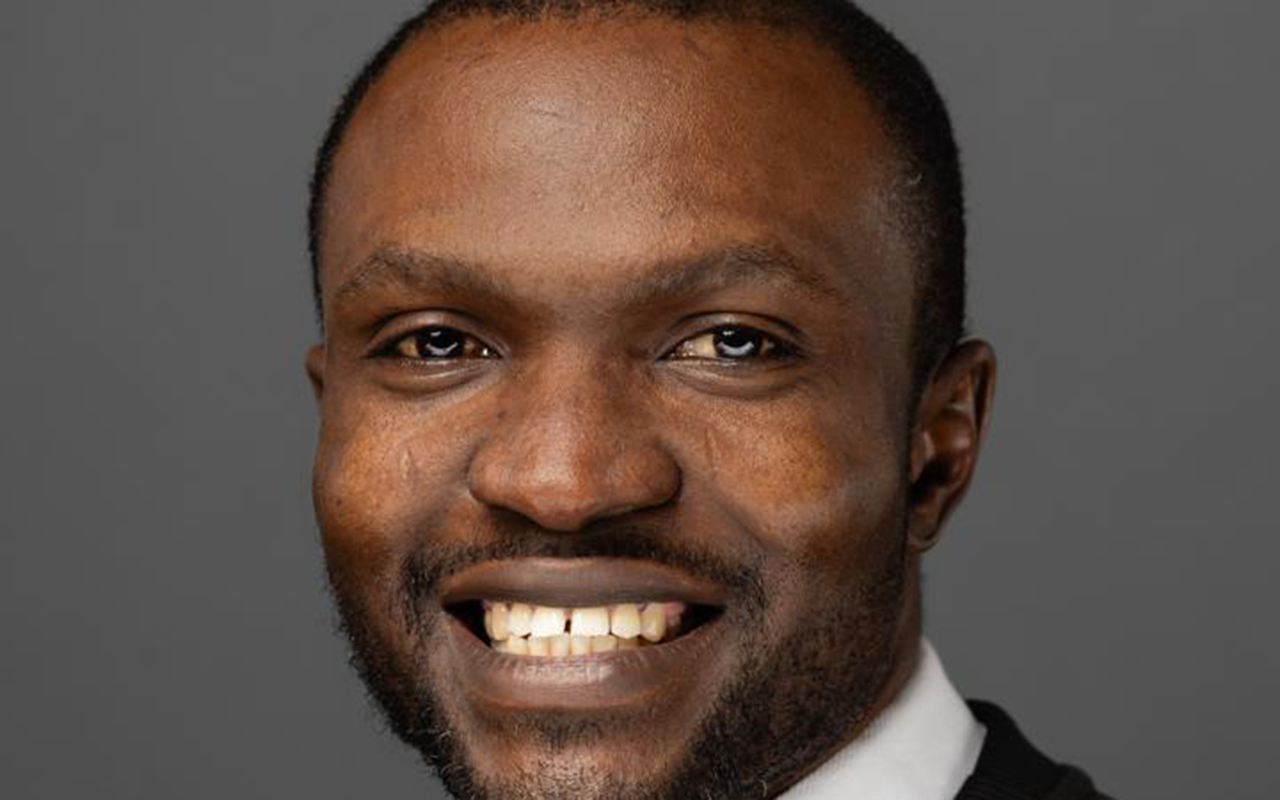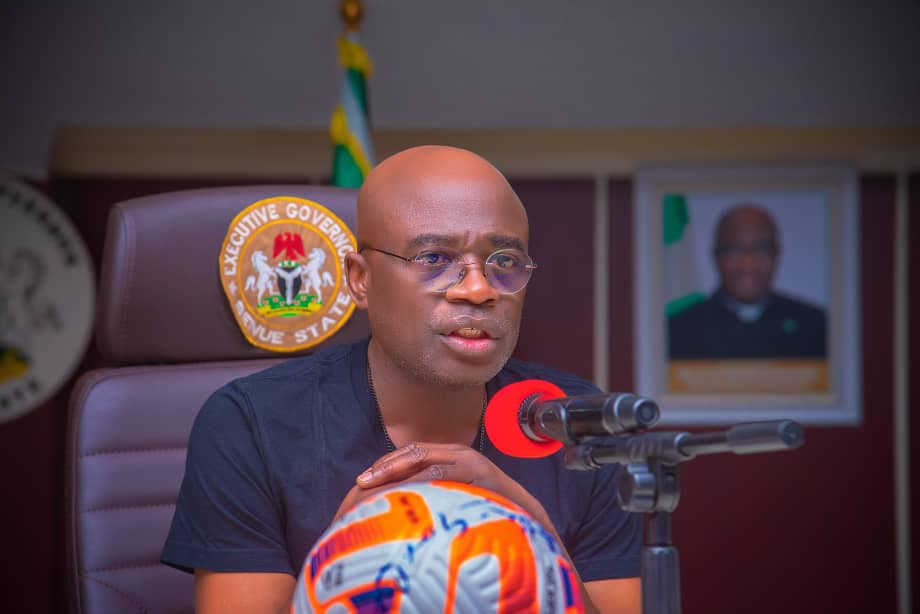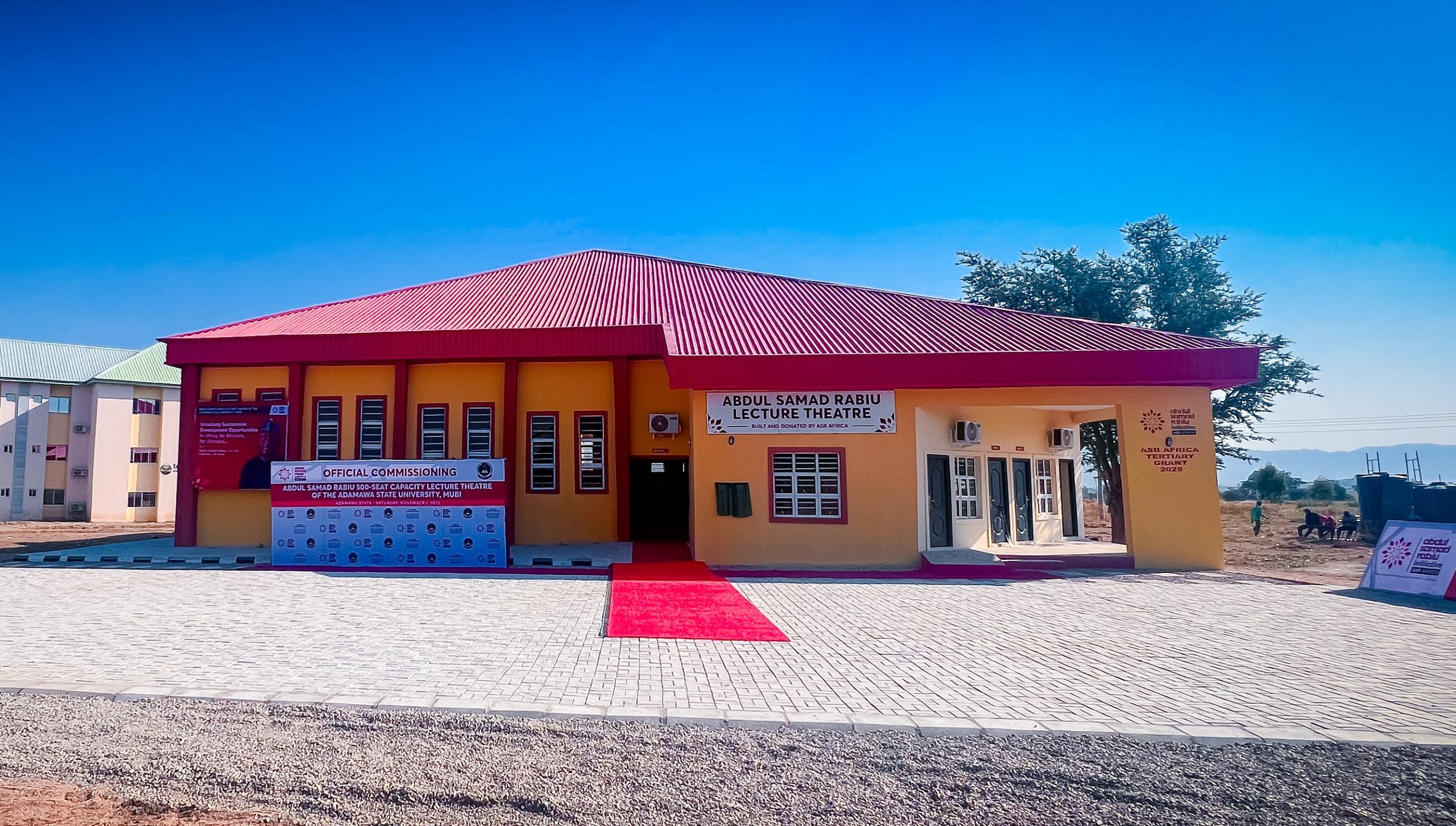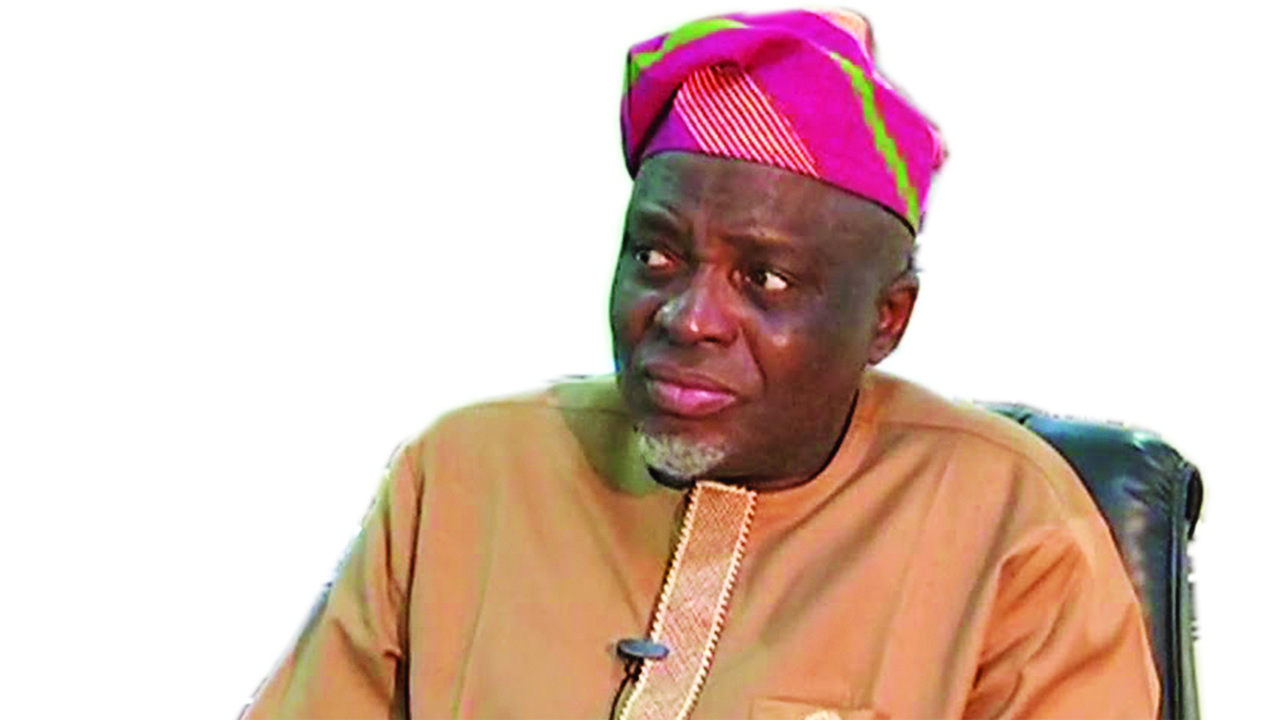In an era defined by the rapid rise of artificial intelligence and the global push for equitable digital learning, Michael Eneye Abdullahi stands out as a visionary educator bridging two continents, Nigeria and the United States. His career journey reflects both a personal and professional commitment to transforming education through technology, policy innovation, and inclusion.
Born and educated in Nigeria, Michael’s early work laid the foundation for his global impact. As Chief Development Officer at the Aid for Rural Education Access Initiative (AREAi), he led digital learning programs that reached over 45,000 learners under the UK FCDO-funded Education Digital Equity Initiative. His focus on democratizing access to learning tools for low-resource communities exemplified the growing movement toward digital equity in the Global South, a critical issue highlighted by UNESCO and the World Bank.
At AREAi, Michael spearheaded projects such as FastTrack Foundation Skills Program and Getting Girls Equal (supported by the Malala Fund), empowering thousands of young women with digital and leadership skills. His leadership blended data-driven program design with human-centered innovation, a philosophy now echoed in the United Nations’ Transforming Education Summit framework.
Today, as a graduate scholar and research assistant at Boston College’s Department of Educational Leadership and Higher Education, Michael brings his experience from Africa into the American classroom. With a 3.91 GPA in Curriculum and Instruction, his research on equity-driven education policy, digital learning in low-resource settings, and teacher workforce development aligns with the U.S. Department of Education’s priorities on AI in education and inclusive instructional design.
For his practicum, Michael serves as a Social Studies teacher at Mother Caroline Academy in Dorchester, Massachusetts, where he integrates project-based learning with civic engagement and digital tools. His classroom mirrors the global pedagogical shift toward personalized and AI-augmented learning environments, where technology supports, not replaces, human educators.
Michael’s trajectory has been punctuated by numerous awards and international recognitions, underscoring his leadership in education and innovation. He was a semi-finalist for the U.S. Department of State’s Mandela Washington Fellowship, recipient of the Innocent Chukwuma Social Impact Fellowship (Lagos Business School), and named a United Nations SDSN Youth Global Innovator. His Boston College UCTC Graduate Scholarship, worth over $135,000, recognizes his exceptional promise as a leader in urban and equitable education.
Earlier accolades, from the Nigerian Prize for Leadership Award to multiple international grants from The Pollination Project and ShareYourself U.S., reveal a consistent pattern: Michael’s ability to convert small-scale initiatives into scalable educational impact models. His work continues to inspire youth-driven educational innovation across Africa and the diaspora.
Michael scholarly output mirrors his practical influence. His articles “ChatGPT: A Game-Changer for Personalized Learning in the Digital Age” and “The Impact of Generative AI in Personalized Learning on Students’ Learning Outcomes”, explore how AI can personalize instruction and improve student engagement. These studies align with global conversations on ethical AI integration, as championed by UNESCO’s 2023 “Guidelines for Generative AI in Education.”
By connecting theory with classroom realities, Michael positions himself at the forefront of what scholars call “AI for instructional justice” ensuring that emerging technologies serve underrepresented students and not just privileged ones. His insights anticipate the next phase of AI literacy, where teachers act as both facilitators and ethical mediators of intelligent systems in learning.
From Abuja to Boston, Massachusetts, Michael Eneye Abdullahi embodies the global movement toward transformative, technology-enabled education. His work illustrates that digital equity is not just about devices, it’s about opportunity, representation, and empowerment.
As educational systems worldwide grapple with integrating AI responsibly, leaders like Michael are demonstrating how cross-continental experiences can inform sustainable, inclusive models. His career is a testament to how local innovation in Nigeria can resonate within the broader framework of U.S. and global education reform.
In bridging worlds, North and South, policy and practice, analogue and digital, Michael Eneye Abdullahi personifies the 21st-century educator: grounded in equity, powered by innovation, and inspired by the belief that education remains humanity’s greatest equalizer.






